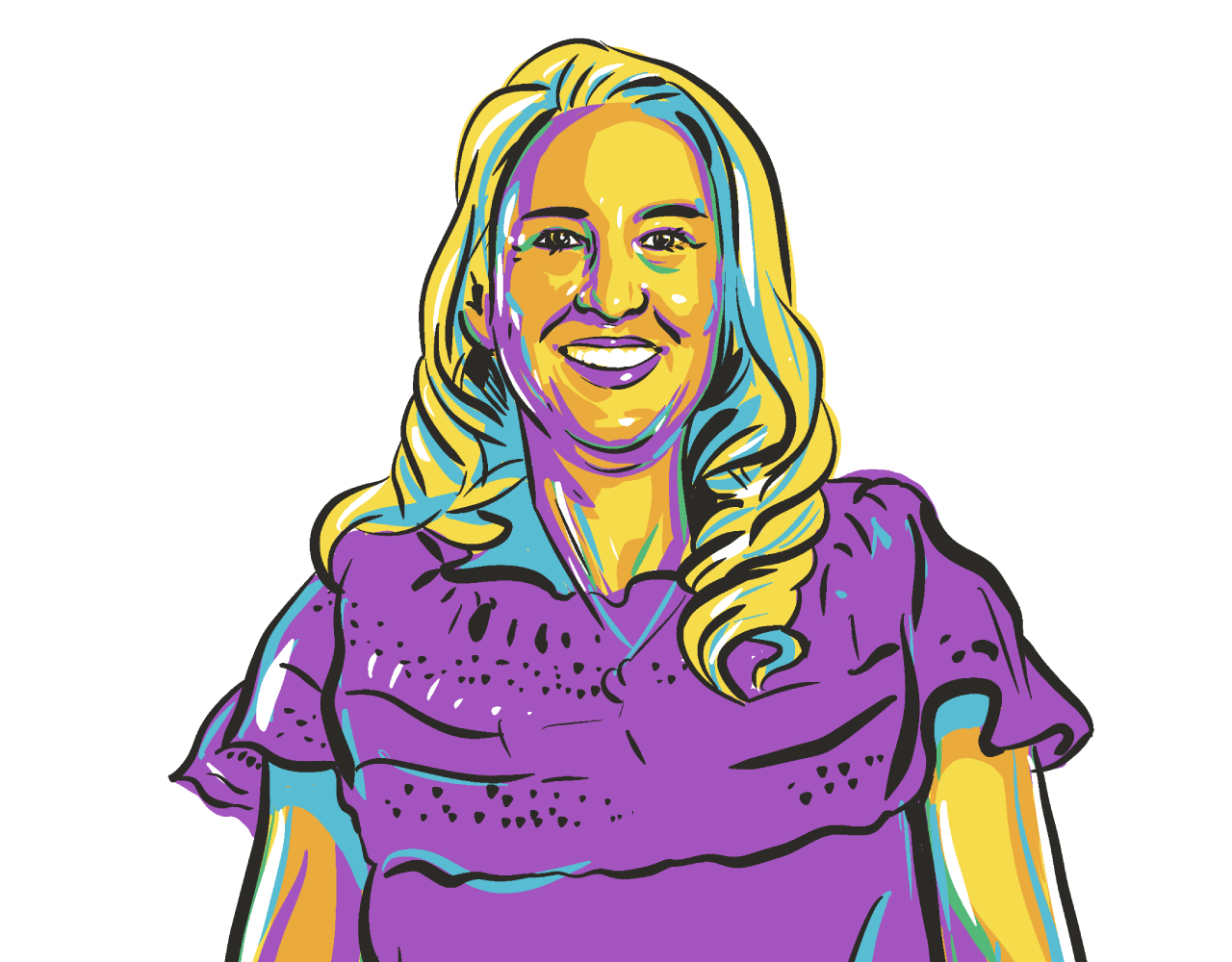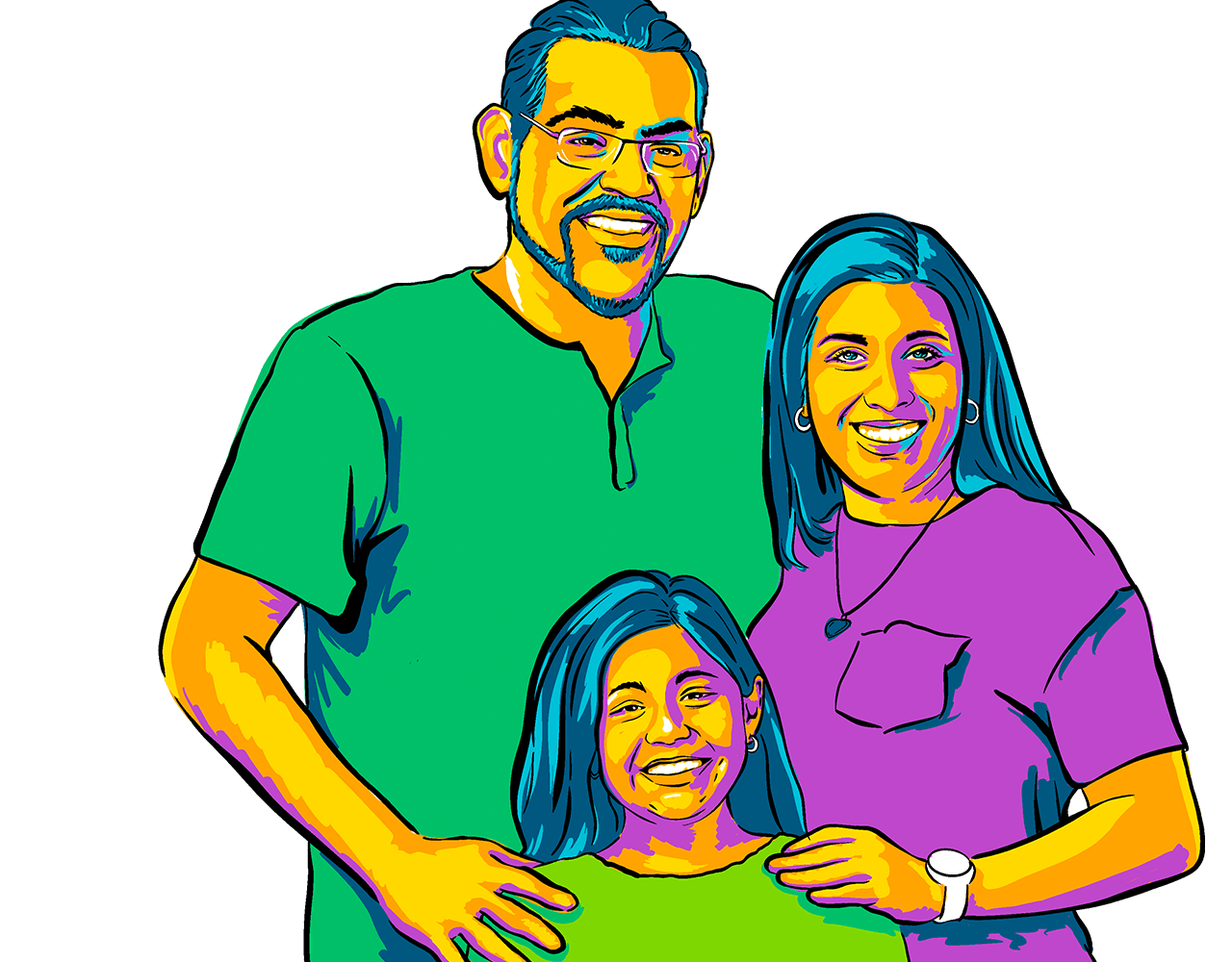Faith. Hope. Donation.
As a person of faith, understanding your religion’s support of tissue, eye and organ donation can be an important consideration. Being a registered donor is an act of selfless generosity that can provide hope to the 10,000 Texans in need of an organ transplant.

Texans of all faiths can register as donors.
Did you know all major religions support donation as one of the highest forms of love, compassion and generosity? Learn more about what different denominations say about organ donation and talk with your faith leader and family if you have questions.
Deep in the heart of Texans is the call to serve others.
The gift of donation is an act of selfless generosity that can save as many as eight lives, bring sight to others with cornea donations and improve yet another 75 lives through tissue donation. It takes only moments to register, yet could mean a second chance for a fellow Texan.
![]()
Every 9 minutes
someone is added to the transplant waiting list
![]()
17 people die each day
because the organ they need is not available
![]()
10,000 Texans are in need
and your registration gives them hope

“
“My son, Roy, shared his wish to be an organ donor just a few weeks before he unexpectedly died. Knowing he was able to help others after his death has brought me peace.”
Shannon Lennox, donor mom
Are you a registered donor?
Check your donation status or take a few minutes to register today.
Make a decision based on facts.
It’s important to have accurate information when discussing tissue, eye and organ donation. Below are answers to some of our frequently asked questions.
What does it mean to register as a donor?
Registering to be a donor means you are saying yes to sharing your tissues, eyes and organs to help others after your death. Registering to be a donor does not include living organ donation, living bone marrow, blood or whole body donation. Find resources for those options here.
How does the process work?
Your decision to register as a donor and give your tissues, eyes and organs to others in need is at the very start of the donation process. This decision is either made by you during your lifetime or, if you haven’t made a decision, your family will be asked to decide for you.
When a person’s life ends, they are declared legally and medically dead. For organ donation to occur, the potential donor must be in a hospital and on a ventilator, which is a machine that keeps the potential donor’s organs working after death. This ensures the organs are usable while authorization for donation is obtained, medical tests and examinations are performed to confirm what’s healthy enough to be transplanted, the organs are matched with waiting recipients, and recovery can take place. Organ recovery happens in an operating room at the donor’s hospital and then organs are transported to the recipient’s transplant center where the recipients are already waiting and prepped for their life saving surgery.
Depending on the circumstances, people who die outside of a hospital setting may still be candidates for cornea and tissue donation, which are equally important. In these cases, donation logistics are coordinated by the funeral home or medical examiner’s office and the appropriate tissue and eye banks.
Soon after donation, the donor’s family is provided with information about their loved one’s donation, and they may receive care and support from the donation agency in the months and years that follow if they choose. Donor families often say that their loved one’s donation brings them comfort during a very difficult time.
Looking for more detailed information on the process? Find it here.
Can I have an open casket funeral or viewing if I’m a donor?
Funeral arrangements of your choice are possible, including an open casket funeral or viewing. The donor’s body is respected and carefully prepared so that donation itself does not interfere with funeral plans.
Is my health a factor in my decision to register?
People of all ages and backgrounds can be donors, including those with common health conditions. At the time of donation, medical suitability is determined to ensure the safety of donated organs. So don’t rule yourself out – if you support donation, register today and tell your loved ones.
Does it cost anything to be a donor?
No, there is no cost to your or your family for any expenses associated with donation.
The gift of conversation.
If you don’t make the decision to register as a donor, your family will be asked to make a decision on your behalf at the time of death.
Talking about end-of-life decisions is tough for some people and families. Others welcome the opportunity to have these clarifying conversations so that everyone is prepared and at peace when difficult times arise. Having these conversations together makes things easier later.
Here are some suggestions to get started:
- Learn more about your religion’s views on organ donation and talk with your faith leader.
- Share your individual, family and community values and how those align with your decision to become a tissue, eye and organ donor.
- Learn about the process of donation and find answers to common misconceptions
- Get inspired by these stories of Texans impacted by donation and transplantation.

Say yes to saving lives.
Make a commitment today to register as an organ donor and share hope and life.
